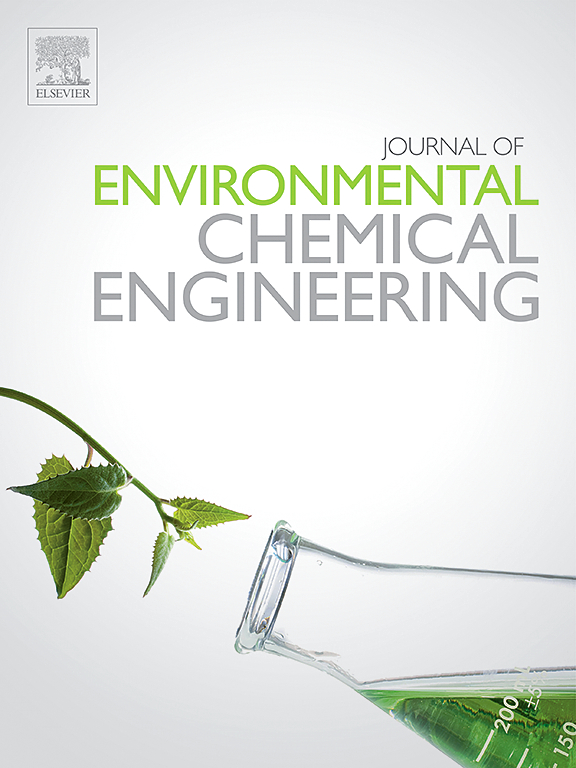Biorecovery of platinum group metals to nanoparticles: Current status, prospects, and challenges
IF 7.4
2区 工程技术
Q1 ENGINEERING, CHEMICAL
引用次数: 0
Abstract
With the penetration of automobiles, spent automobile catalysts are the major secondary source of Platinum group metals. Spent automotive catalyst has higher quantities of platinum group metals than natural ores. Recovering platinum group metals from spent automotive catalysts has the potential to yield significant economic and environmental benefits. Conventional recycling techniques necessitate the use of several chemical reagents or the deployment of high-tech equipment and significant energy consumption, which inevitably results in the generation of toxic and harmful substances. However, biorecovery processes are regarded as viable options for Platinum group metals recovery. The substantial ability of microorganisms to bioreduce metal ions may obtain metal nanoparticles of varying morphologies and sizes through the action of various enzymes (reductase, hydrogenase) and proteins. This review summarizes the current process of biosynthesis of Platinum group metal nanoparticles, as well as potential synthesis mechanisms. Meanwhile, the specific applications of microbial sourced nanoparticles in medicine, catalytic environmental pollutants, and biosensors are discussed, and the future development of microbial nanomaterials synthesis has been further prospected.
求助全文
约1分钟内获得全文
求助全文
来源期刊

Journal of Environmental Chemical Engineering
Environmental Science-Pollution
CiteScore
11.40
自引率
6.50%
发文量
2017
审稿时长
27 days
期刊介绍:
The Journal of Environmental Chemical Engineering (JECE) serves as a platform for the dissemination of original and innovative research focusing on the advancement of environmentally-friendly, sustainable technologies. JECE emphasizes the transition towards a carbon-neutral circular economy and a self-sufficient bio-based economy. Topics covered include soil, water, wastewater, and air decontamination; pollution monitoring, prevention, and control; advanced analytics, sensors, impact and risk assessment methodologies in environmental chemical engineering; resource recovery (water, nutrients, materials, energy); industrial ecology; valorization of waste streams; waste management (including e-waste); climate-water-energy-food nexus; novel materials for environmental, chemical, and energy applications; sustainability and environmental safety; water digitalization, water data science, and machine learning; process integration and intensification; recent developments in green chemistry for synthesis, catalysis, and energy; and original research on contaminants of emerging concern, persistent chemicals, and priority substances, including microplastics, nanoplastics, nanomaterials, micropollutants, antimicrobial resistance genes, and emerging pathogens (viruses, bacteria, parasites) of environmental significance.
 求助内容:
求助内容: 应助结果提醒方式:
应助结果提醒方式:


